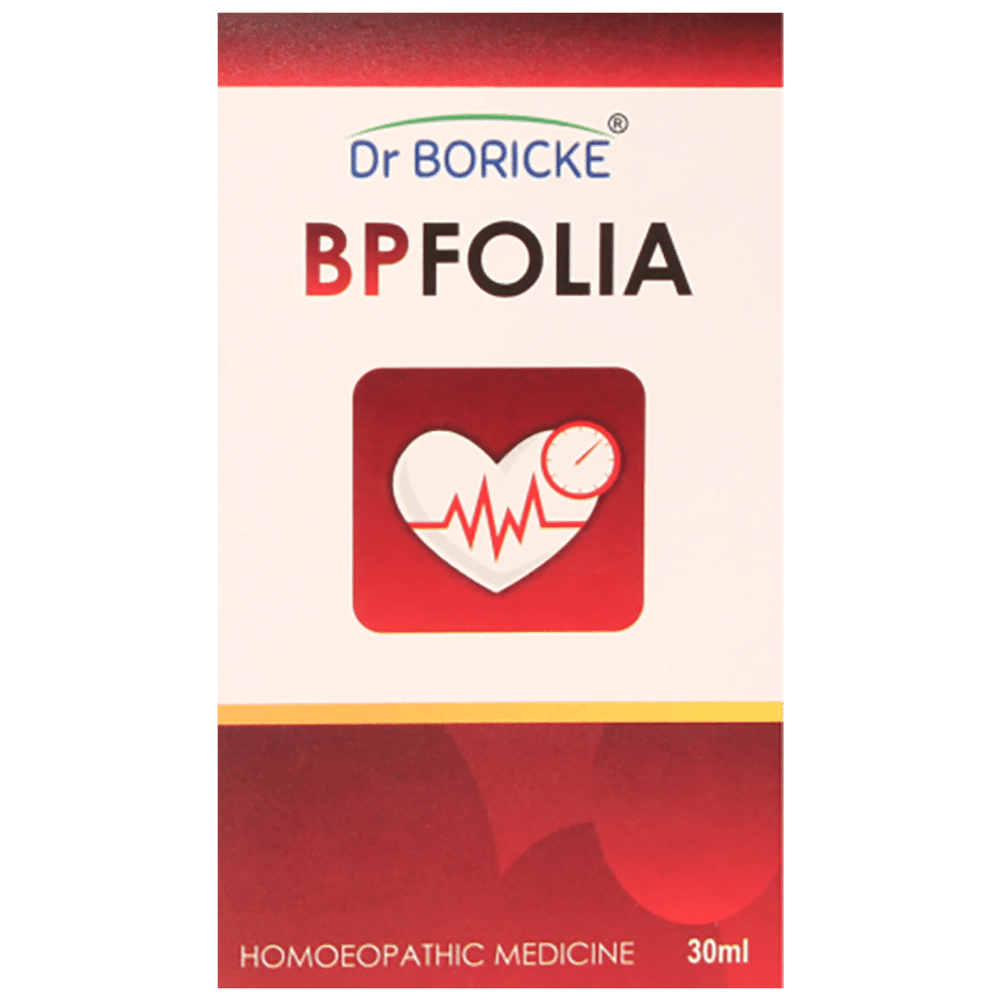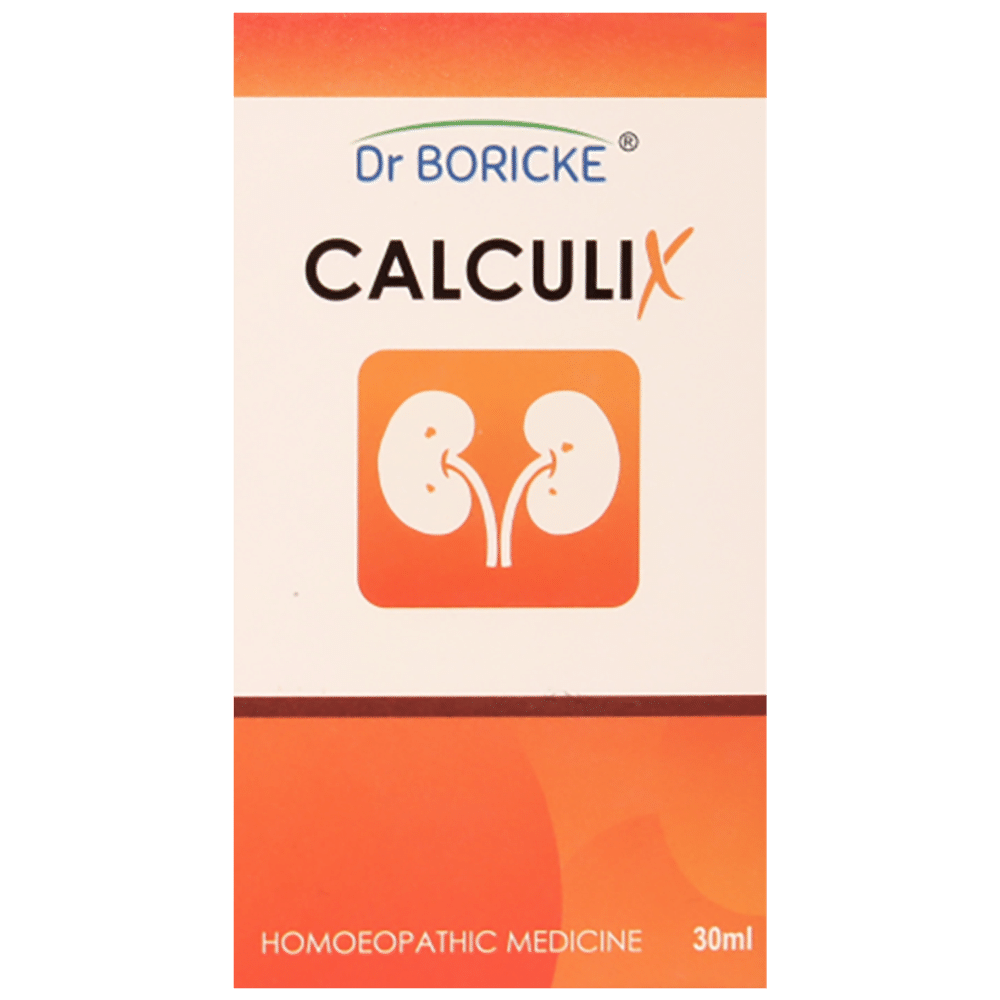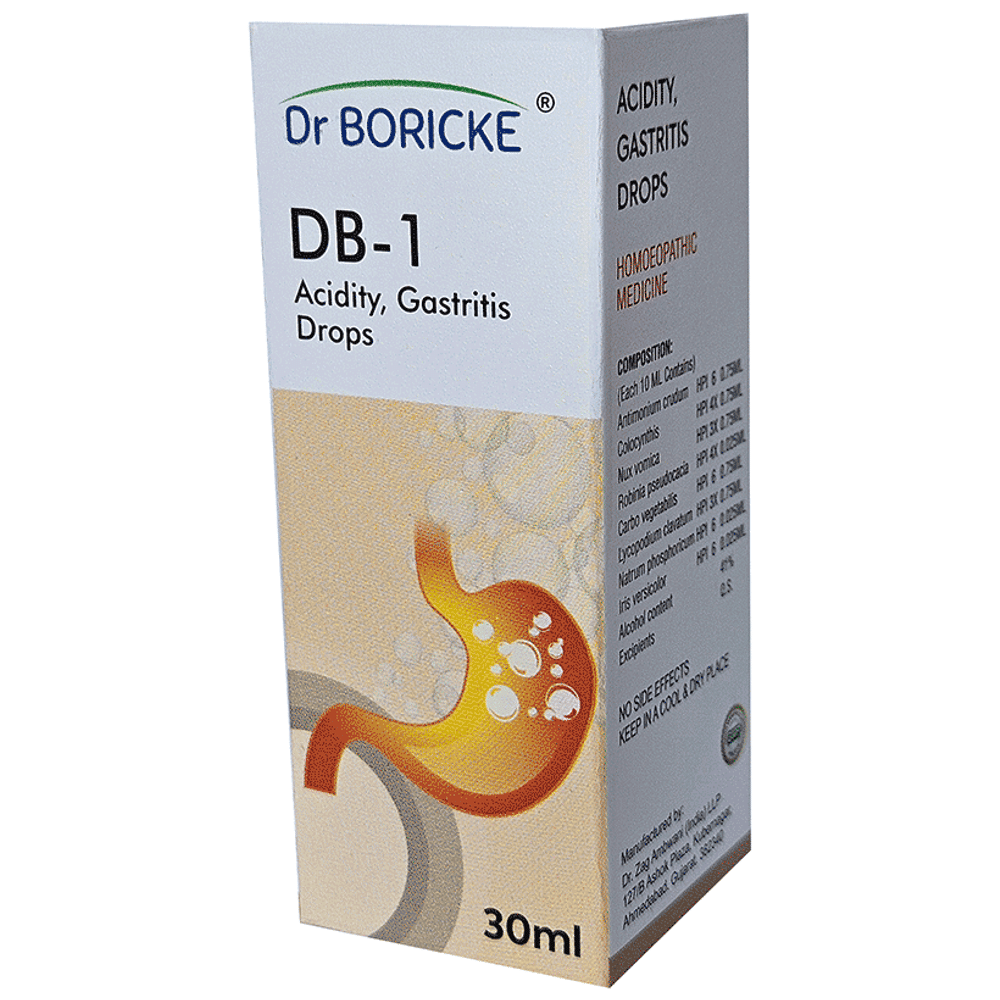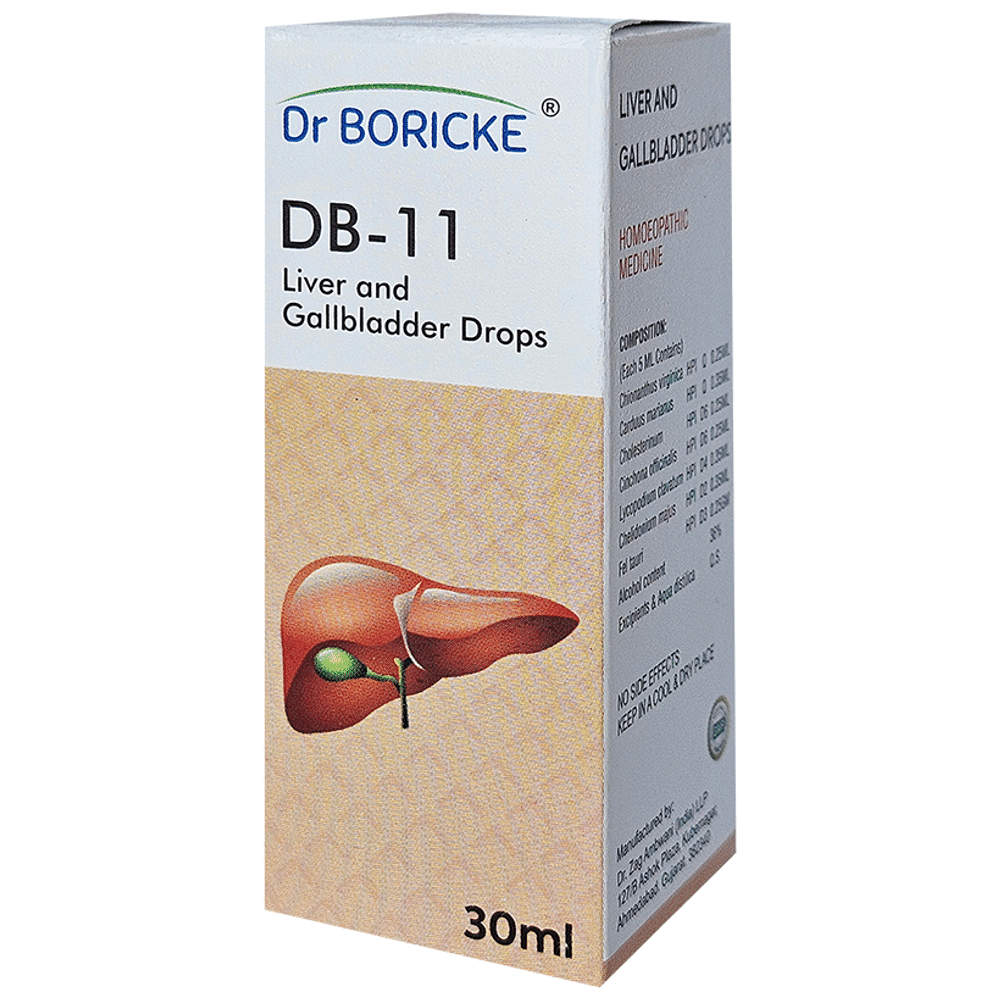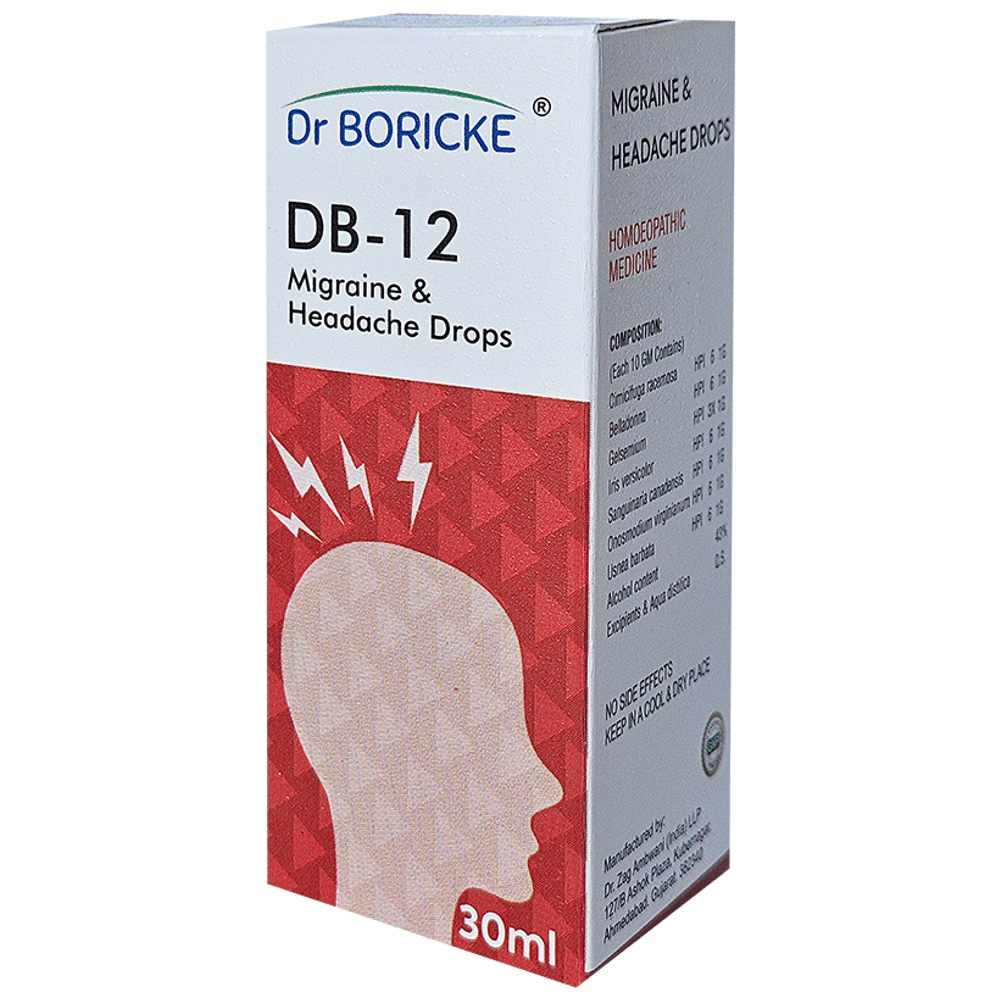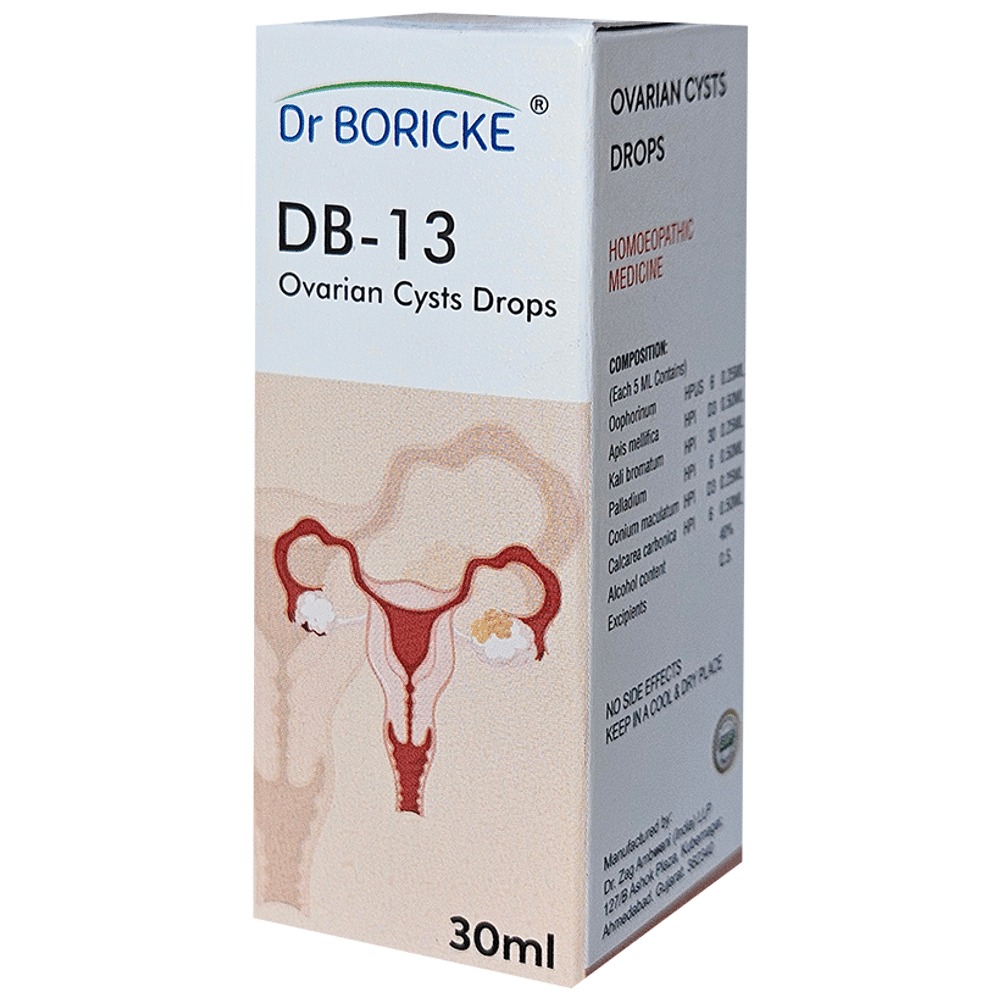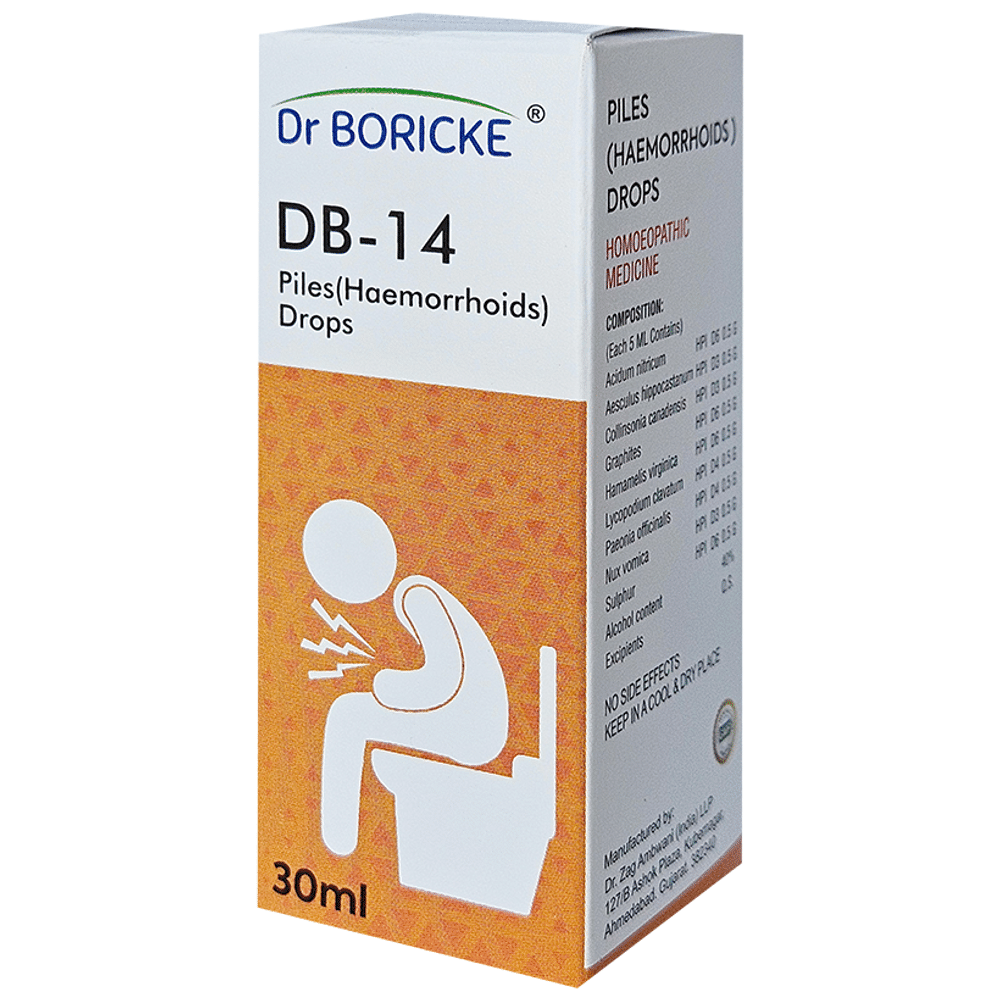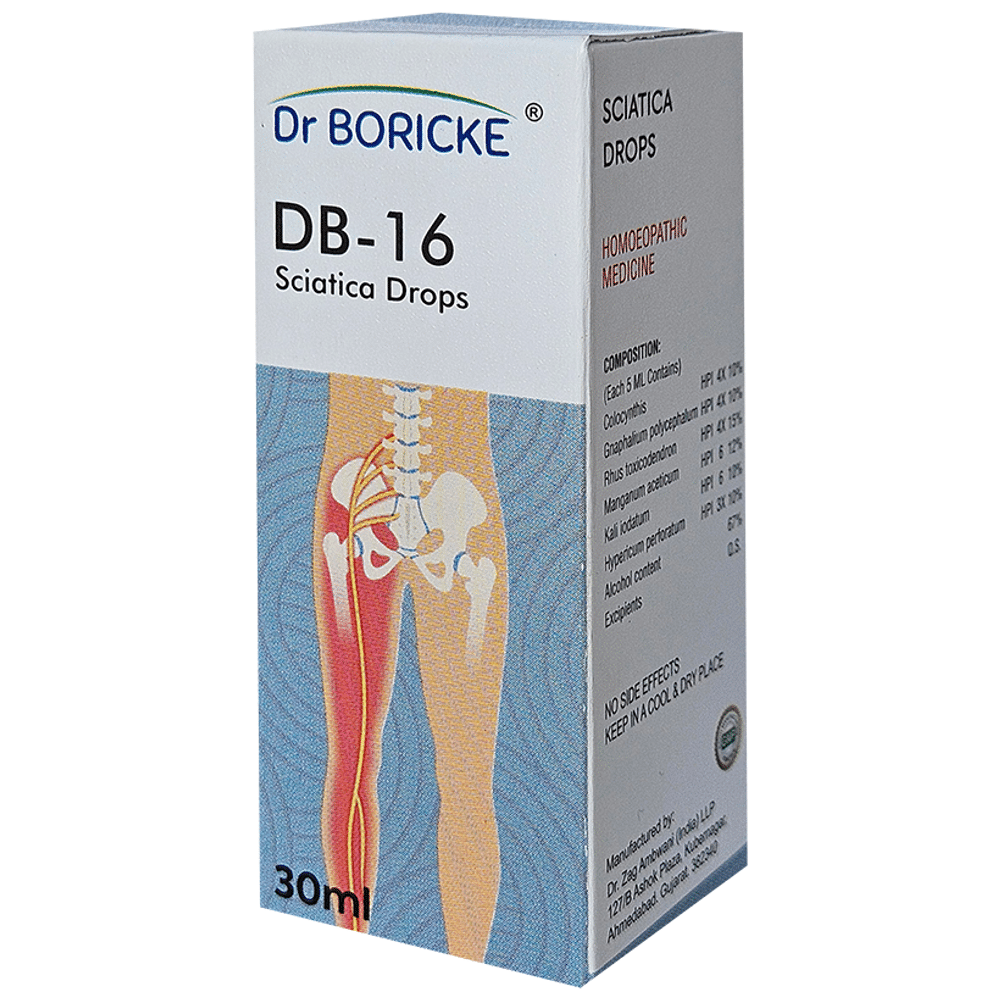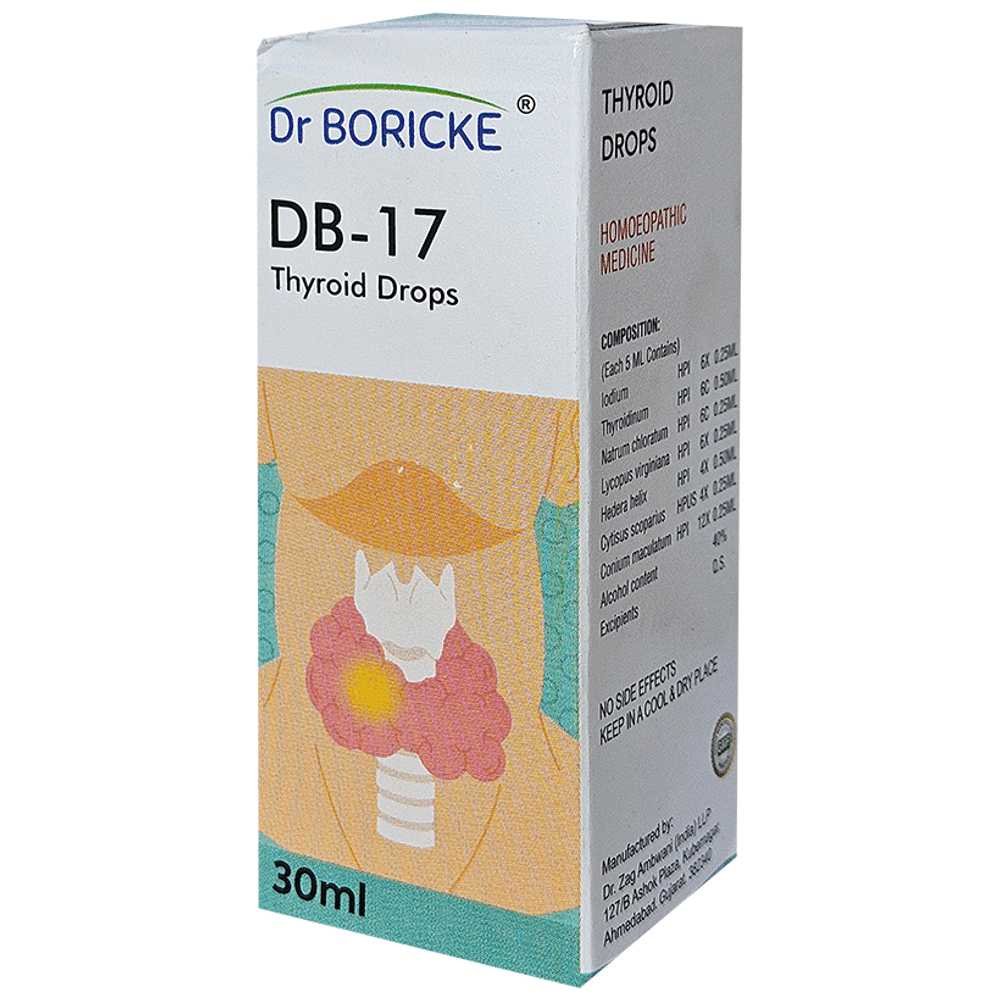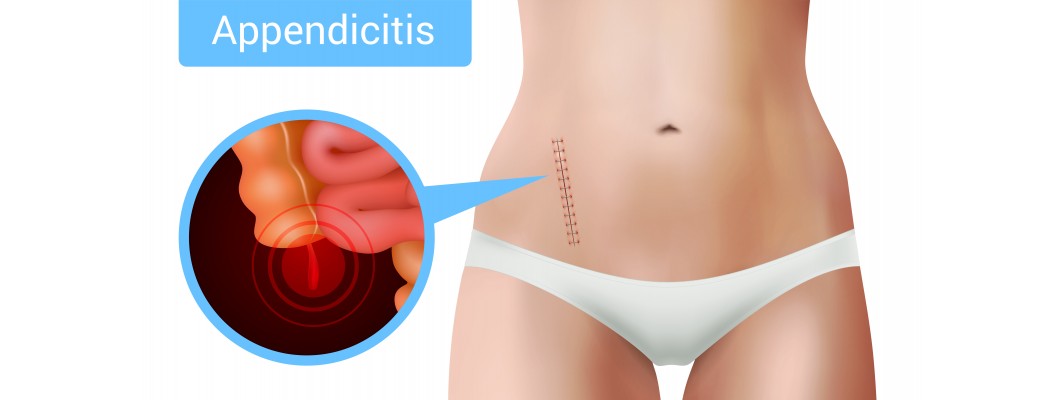
Appendicitis symptoms causes and homeopathic medicine
Appendicitis is a medical condition that occurs when the appendix, a small pouch-like organ attached to the large intestine, becomes inflamed and swollen. The exact cause of appendicitis is still unknown, but it is believed to be due to a blockage in the appendix caused by stool, mucus, or other foreign materials.
The most common symptom of appendicitis is a sudden and intense pain in the right lower abdominal area, which may worsen over time. Other symptoms can include nausea, vomiting, loss of appetite, low-grade fever, and constipation or diarrhea.
Diagnosis of appendicitis is typically made based on a physical exam, medical history, and imaging tests, such as an ultrasound or CT scan. Treatment for appendicitis usually involves prompt removal of the appendix through surgery, known as an appendectomy.
In some cases, antibiotics may be used to treat a mild case of appendicitis, but surgery is typically recommended to prevent the possibility of the appendix rupturing, which can lead to more serious complications.
If you suspect you may have appendicitis, it is important to seek medical attention as soon as possible to prevent further complications.
The symptoms of appendicitis can vary from person to person, but some common symptoms include:
1. Sudden, sharp pain in the lower right side of the abdomen: This is the most common symptom and is usually the first sign of appendicitis. The pain may start as a dull ache and then become more intense over time.
2. Nausea and vomiting: Some people may feel sick to their stomach and may experience vomiting.
3. Loss of appetite: Many people with appendicitis experience a loss of appetite and may not feel like eating.
4. Low-grade fever: Some people with appendicitis may have a low-grade fever, usually around 100°F to 102°F (37.8°C to 38.9°C).
5. Constipation or diarrhea: Some people with appendicitis may experience constipation or diarrhea, or alternate between the two.
6. Abdominal swelling: The abdomen may feel bloated or swollen, especially in the lower right side.
7. Pain that worsens when walking or coughing: The pain may become more intense when walking, coughing, or taking deep breaths.
It's important to note that not everyone with appendicitis will have all of these symptoms, and some people may have symptoms that are not listed here. If you suspect you have appendicitis, it's important to see a doctor as soon as possible to get a proper diagnosis and receive appropriate treatment.
The exact cause of appendicitis is not fully understood, but it is believed to occur when the appendix becomes blocked, usually by stool, mucus, or other foreign material. The blockage can cause the appendix to become inflamed and swollen, which can lead to the development of appendicitis.
Other possible causes of appendicitis include:
1. Infection: A viral or bacterial infection can cause the appendix to become inflamed and swollen.
2. Enlarged lymphoid follicles: The appendix may become swollen due to an accumulation of lymphoid follicles, which are part of the immune system.
3. Abnormal growths: Abnormal growths, such as tumors or cysts, can block the opening of the appendix and cause appendicitis.
4. Trauma: A blow to the abdomen can cause the appendix to become inflamed and swollen.
5. Chronic constipation: Chronic constipation can lead to blockages in the appendix, which can cause appendicitis.
It's important to note that the cause of appendicitis can vary from person to person, and in some cases, the cause may be unclear. If you suspect you have appendicitis, it's important to see a doctor as soon as possible to get a proper diagnosis and receive appropriate treatment.
Homoeopathic remedies are a form of alternative medicine that uses highly diluted substances to stimulate the body's natural healing processes. While some people may use homeopathic remedies to treat symptoms of appendicitis, it's important to note that there is limited scientific evidence to support the effectiveness of these remedies.
Additionally, appendicitis is a potentially serious condition that requires prompt medical attention. If you suspect you may have appendicitis, it's important to see a doctor as soon as possible, rather than relying solely on homeopathic remedies.
In some cases, appendicitis can progress quickly and become life-threatening if not treated in a timely manner. The best course of action is to seek prompt medical attention, undergo a thorough evaluation, and receive appropriate treatment, which in most cases will involve surgical removal of the appendix.
While homeopathic remedies may provide temporary relief of symptoms, they should not be used as a substitute for prompt medical attention and treatment in the case of appendicitis.

